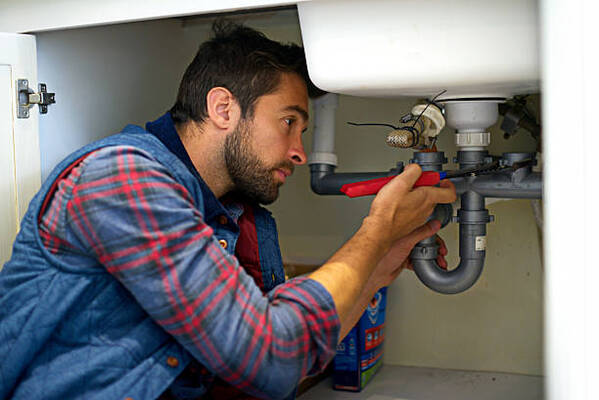- 1-905-452-8193
- Contact Us
- Member Login
- Get Listed Today
- 220,911 members

Good plumbing is essential for a comfortable home. It ensures that water, wastewater and gas flow freely in and out of the house. Keeping your plumbing system in top condition is an important part of maintaining your property and ensuring its longevity. Neglecting to do so can lead to costly repairs via a plumber Brisbane North, as well as possible health hazards due to bacteria or mould growth caused by leaky pipes or unclean drains. Taking proactive steps now can help you avoid potentially expensive problems later on.
The most important step towards preserving your plumbing system's integrity is preventive maintenance. Regular inspections allow plumbers to detect issues before they become a problem, helping homeowners to avoid costly repairs. Regular maintenance can also extend the life of your plumbing system by catching small problems before they become serious ones. Additionally, it is essential to check for signs of mould or mildew in areas that are prone to dampness, such as behind toilets and underneath sinks.
Plumbing issues can cause significant damage to your property and can be costly to repair if not addressed quickly and correctly. Knowing how to keep your plumbing system in good shape is the first step towards avoiding these headaches.
Make use of the following list to help improve the quality of your home’s plumbing and minimize any unexpected disasters down the road. With just a little effort, you can ensure that your plumbing system remains in top condition for years to come!
1) Check Your Pipes Regularly: Inspect all visible pipes regularly for signs of corrosion, corrosion stains, cracking, or leaking. If any of these issues arise, contact a plumber right away as they can be indicative of serious plumbing problems.
2) Test Your Water Pressure: If you notice that your water pressure is low, check the pressure regulator to ensure it isn’t set too low. Low pressure can cause damage to your fixtures and pipes over time.
3) Clean Out Drains and Sink Traps: Regularly clean out drains and sink traps using a mixture of baking soda and vinegar or with store-bought drain cleaners. This will help prevent clogs from forming or becoming more severe.
4) Keep Grease Out of Plumbing: Avoid disposing of grease down the drain as it can accumulate in pipes and create clogs. Instead, pour cooled grease into an empty container before throwing it away in the trash.
5) Install Water Filters: Installing water filters on all faucets can prevent sediment, dirt, and other contaminants from entering the pipes and causing clogs or corrosion.
6) Avoid Flushing Foreign Objects: Never flush items such as diapers, sanitary napkins, or cotton swabs down the toilet as these can cause major plumbing issues.
7) Inspect Fixtures Regularly: Make sure to check your fixtures regularly for any signs of wear and tear. If you notice any leaks or drips around a fixture, contact a plumber immediately to have it fixed.
8) Don’t Overload Toilets: Overloading toilets with too much paper or objects like toys can cause the toilet to become clogged.
9) Repair Leaks Right Away: If you notice any leaking pipes or fixtures, it’s important to have them repaired right away as they can lead to water damage if left unchecked.
10) Don’t Put Anything Down Garbage Disposal: Never put items like eggshells, potato peels, bones, fruit pits, or coffee grounds down your garbage disposal as these can cause problems and require professional repair.
11) Check for Signs of Leaking Pipes: Inspect all exposed pipes for signs of rusting or leaking. If you find any issues, contact a plumber to get the problem fixed quickly.
12) Test Your Water Heater: Test the pressure inside your water heater periodically to make sure it is within the appropriate range.
13) Insulate Your Pipes: Insulating exposed pipes can help reduce heat loss and keep hot water at an optimal temperature.
By following these tips, you will be able to keep your plumbing system in good shape and minimize any potential problems down the road. Taking some time each month to inspect your home’s plumbing and take preventive measures can save you a lot of money, stress, and hassle in the long run.
